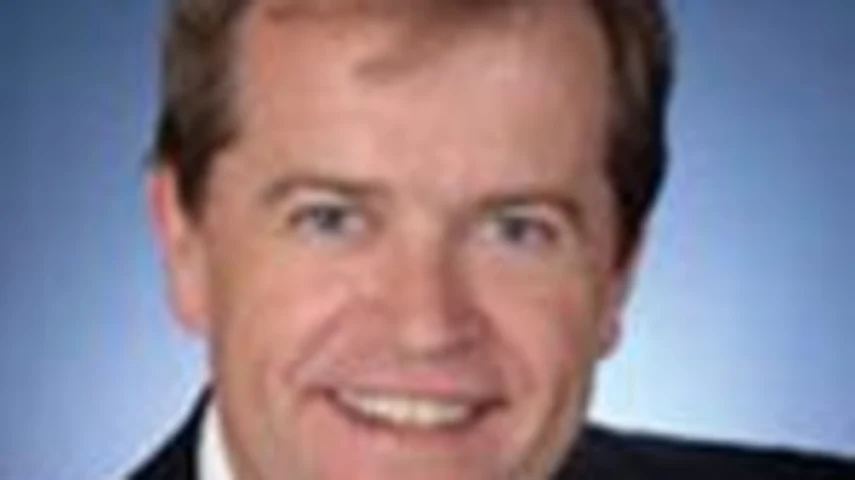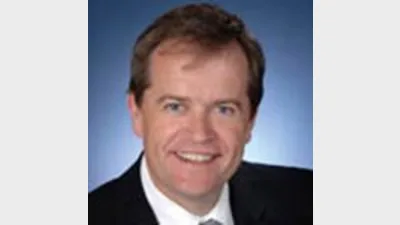What financial planners can expect from Bill Shorten



What should the Australian financial planning industry make of the appointment of Bill Shorten as the Assistant Treasurer and Minister for Financial Services and Superannuation?
Well, for starters it should accept that Shorten is arguably the most senior minister not to be sitting in the Cabinet room and that as a former national secretary of the Australian Workers’ Union he possesses a better than average knowledge of funds management and industry superannuation funds via his status as a former trustee director of AustralianSuper and the Victorian Funds Management Corporation.
Perhaps just as importantly, Shorten understands the politics underlying the Australian industry superannuation funds movement and the personalities, which dominate those industry funds.
In all these circumstances, it would be naïve for anyone working in the financial planning industry to imagine that the new minister will be any less focused on the need for the separation of advice from product sales and the ultimate removal of commissions.
However it would also be wrong to assume that Shorten will be an unquestioning supporter of the industry funds agenda.
He will not be.
In similar fashion to his predecessor, Chris Bowen, Shorten is likely to emerge as a pragmatist who understands the need to find a workable balance in the financial services industry.
Indeed, the degree to which Shorten prosecutes any or all of the policy changes inherent in the Future of Financial Advice reforms and the recommendations contained in the Cooper Review will be entirely dependent upon the Government’s priorities and his assessment of the political realities he discerns to exist in an extremely finely balanced Parliament.
At least until the Australian Greens assume the balance of power in the Senate in the second half of next year, it can be expected that Shorten and a good many other ministers will be seeking to avoid confrontation where it is not necessary.
Indeed, their caution may extend through the life of the entire Parliament.
Thus, while the Government may move to implement the simple efficiencies that can be generated by SuperStream, the far less popular MySuper proposal is likely to remain on hold.
Equally, while the industry has already broadly accepted a shift to fee-for-service for financial advice, the Government may now see little merit in prosecuting the removal of commissions on insurance.
On all the available evidence, Shorten is a politician with the ambition and the capacity to reach the uppermost levels of the Parliamentary Labor Party. It seems doubtful he will want to undermine his standing by seeking to fight battles that cannot be won.
Recommended for you
In this episode of Relative Return Insider, host Keith Ford and AMP deputy chief economist Diana Mousina break down the spike in inflation numbers and what it means for the possibility of a rate cut as we move into the new year.
In this episode of Relative Return Insider, host Keith Ford and AMP economist My Bui explore Prime Minister Anthony Albanese’s trip to the US and the critical minerals deal stemming from his meeting with President Donald Trump.
In this episode of Relative Return Insider, host Keith Ford and AMP chief economist Shane Oliver unpack the latest unemployment numbers and what they mean for a rate cut, as well as how the latest flare-up in the ongoing US–China trade dispute has highlighted the remaining disparity between gold and bitcoin.
In this episode of Relative Return Insider, host Keith Ford and AMP chief economist Shane Oliver take a look at the unfolding impacts and potential economic ramifications of the US government shutdown and the surge in gold and bitcoin prices.







